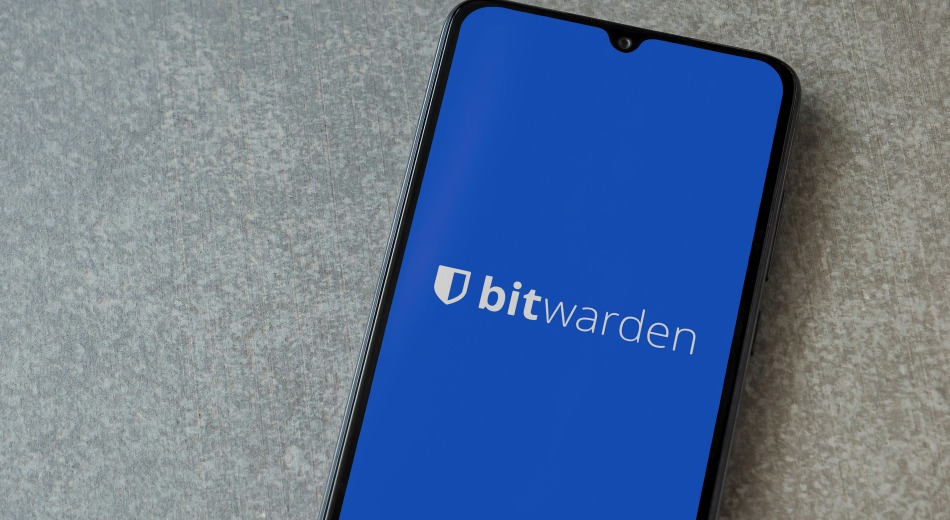
Bitwarden has introduced its new Model Context Protocol (MCP) server, a locally hosted infrastructure designed to help AI agents manage credentials securely without human intervention.
The move addresses one of the most critical challenges facing the rise of agentic AI: enabling machines to authenticate autonomously while preserving strong privacy and security controls.
The new tool is part of Bitwarden's ongoing efforts to adapt its open-source password management platform to the realities of AI-driven workflows, where autonomous software agents must act on behalf of users to retrieve, generate, or manage sensitive login information securely.
The announcement comes amid a growing shift toward “agentic AI,” essentially AI systems capable of making decisions and executing tasks independently across business, developer, and consumer environments. In such scenarios, traditional authentication methods requiring human input become impractical. Bitwarden's MCP server aims to address this by enabling AI agents to access password vaults locally using the Bitwarden Command Line Interface (CLI), thereby maintaining the platform's zero-knowledge architecture.
Founded in 2016, Bitwarden is a prominent open-source password manager used by individuals and businesses globally for storing and managing credentials. The company is known for its privacy-first design and end-to-end encryption model, making it a preferred choice for users seeking transparency and control over their data.
In its proof-of-concept demonstration, Bitwarden showcased integration with Claude, an AI assistant developed by Anthropic. Claude was able to perform a full range of credential management operations via the MCP server, including unlocking the vault, retrieving credentials, generating new secure passwords, and editing stored items, all without explicit, human-issued commands. The AI agent's context-awareness allows it to understand intent and map tasks to appropriate CLI functions even when no direct instruction exists.
Security remains central to the MCP server's architecture. The server is designed to run locally, ensuring that credentials never leave the user's machine. It supports only operations executed through the Bitwarden CLI, which retains full compatibility with the platform's zero-knowledge encryption model. Bitwarden emphasizes that MCP use cases should be carefully evaluated, especially when deploying with cloud-based AI models. For enhanced privacy, local large language models (LLMs) are recommended.
Beyond credential management, the MCP server introduces a new open standard for AI-to-data-source connectivity. By contextualizing external data into formats AI agents can act on, it paves the way for seamless integrations across tools, services, and content platforms. This could eliminate the need for brittle, one-off API connections and enable AI systems to operate more effectively across fragmented environments.
Bitwarden has made the MCP server available for testing on its GitHub repository, inviting developers and security professionals to explore and contribute. Users can start by installing the Bitwarden CLI, logging in, and initiating a secure session token to begin interacting with their vaults via AI.







Leave a Reply